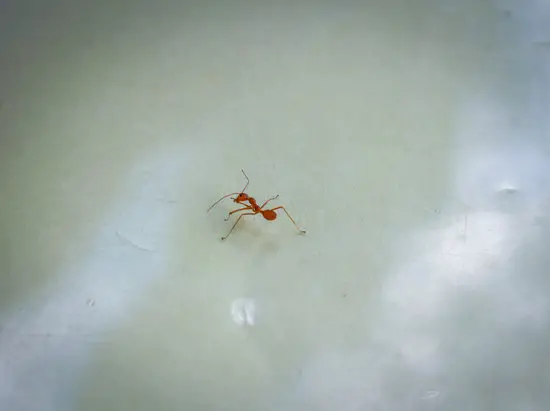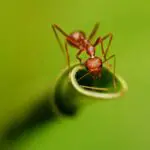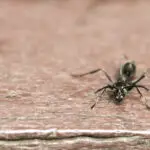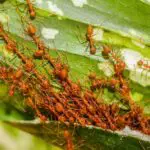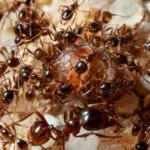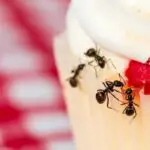Ants Carry Disease-Causing Bacteria
Despite the many health concerns associated with ants, most consumers are unaware of the risks they present to public health. For instance, ants can carry disease-causing bacteria. And ant stings can worsen symptoms of asthma.
A study conducted by Wasala et al. looked at the pathogen-transmission potential of ants in hospitals. These researchers found that ants carried non-isolated bacteria from their natural environment. Their study was also designed to identify bacteria strains that could potentially be transmitted.
In their study, ants were found to carry 16 species of Gram-negative bacteria. These bacterial strains included drug-resistant and multi-resistant isolates. These strains were collected from different hospital areas.
In addition, ants are carriers of Streptococcus germs. This bacteria is known to cause infections such as MRSA and skin infections. Moreover, this bacteria can cause severe pain and kidney failure.
It was also found that ants can transfer pathogenic bacteria to food. This is especially true when ants are in contact with food, such as salads.
The WHO defines food safety as an essential aspect of public health. Foodborne disease outbreaks have been classified as a major public health concern in the 21st century. Consequently, the presence of pathogenic bacteria in domestic households poses a serious threat.
Ants are notorious for scavenging for food. They are also known to carry bacteria and fungi. This is because ants have a very strong sense of smell. This enables them to detect pathogens in their environment. Ants can also lick pathogen-laden buddies, killing these spores.
